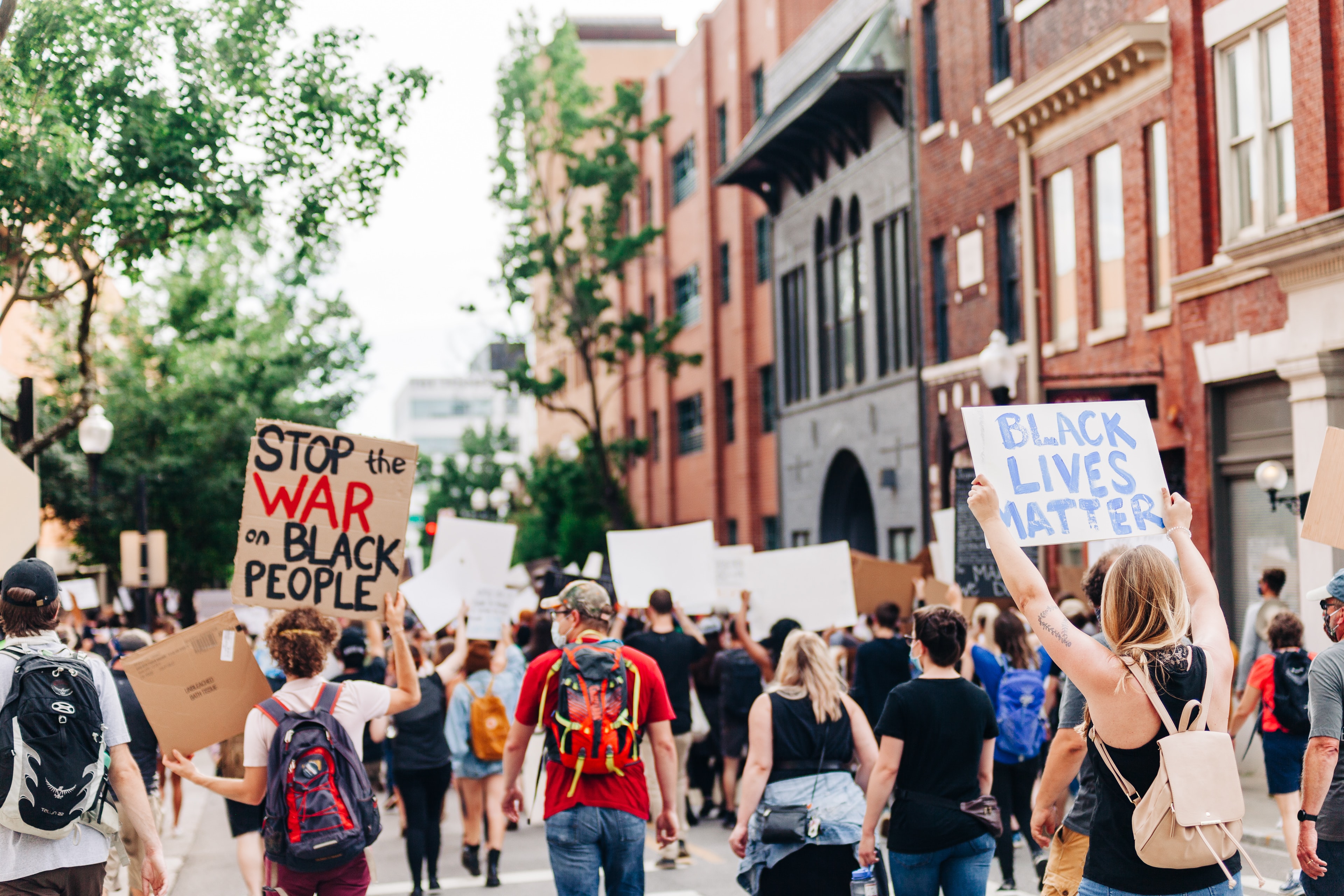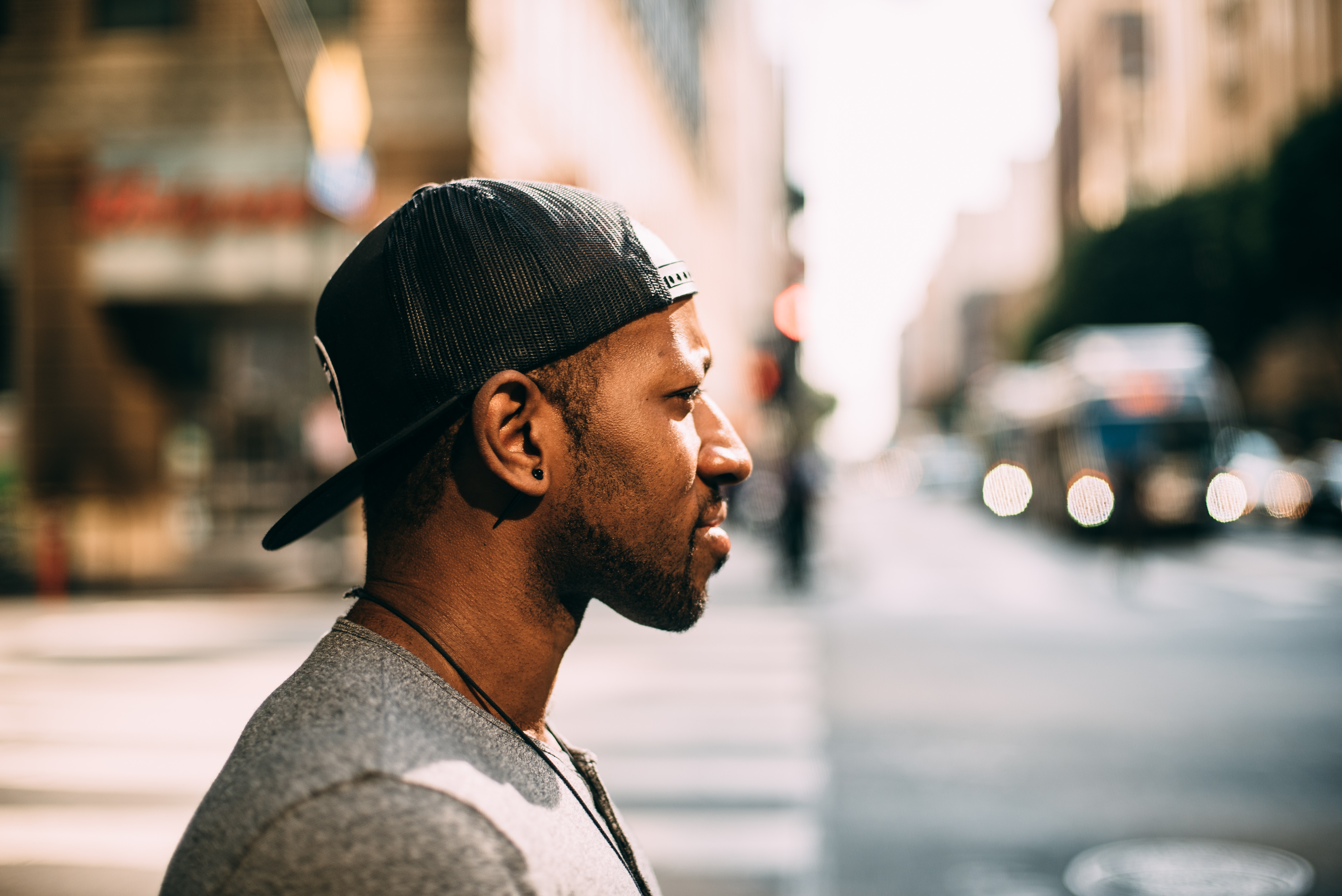Trevor Noah, Depression, and The Ongoing Gaps in Mental Health Care
I just love Trevor Noah. And he’s just given me one more reason. He’s using The Daily Show to raise the issue of why black people and other people of color have a hard time seeking out therapy and finding useful therapists.
Trevor Noah has been public about his own experience of depression in the past, using his leverage as a celebrity to speak bravely and truthfully about what so often goes unsaid and unspoken. Is it a surprise that this extraordinarily funny and smart man also struggles with depression? It shouldn’t be. Noah reminds us that we can never know from looking at someone what their internal experience is. Never.
I’ve written about mental health access for people of color and crappy differences in therapists’ response before here. But it’s still hard to see these disparities continue. “Disparities continue” makes it sound clinical, impersonal—but what that means is that unless you’re white and middle class, it’s still extremely hard to find a therapist who is likely to get you and understand where you’re coming from. That’s the worst. It’s deeply painful to acknowledge you need help and seek it out just to come up empty or invalidated.
It’s time for therapists, and especially white therapists, to do better. As we prepare to enter 2020, us white therapists need to consider our own limited understanding of the varied experiences of People of Color and do our own work to see how race – including whiteness – affects how we care for our clients.

“Not Rich, Not White, and Seeking Therapy”
I was concerned but not incredibly surprised to read the findings of the article “Not Rich, Not White, and Seeking Therapy” in The Atlantic. It’s a quick read, but gets into how hard it can be to access counseling if you don’t sound rich and white when you call therapists to make an appointment. In other words, it shows how much the odds are stacked against people of color and people who sound working class — even with therapy. Here’s a quick quote:
“If [the researcher’s] experiment were to play out in the real world, an identifiably black, working-class man would have to call 80 therapists before he was offered a weekday evening appointment. A middle-class white woman would only have to call five.”
As a white woman who’s anti-racist, I’m appalled. The field of therapy has to do better. We have to do better. Everyone deserves access to high-quality healthcare for physical and emotional concerns.



